
ReKelp
Sea the Change.
A student-led initiative restoring kelp forests worldwide.

A student-led initiative restoring kelp forests worldwide.
We are a marine-focused restoration initiative working to rebuild kelp forests through data-driven research, sustainable engineering, and community partnership. Collaborating with Ocean Wise and supported by dedicated volunteers, we create scalable, low-cost restoration tools that help coastal regions protect biodiversity, strengthen ecosystems, and accelerate ocean recovery.
A project both built and led by highschool students. Meaningful actio can start in the classroom and reach the ocean!
Combining data, marine science, and low-cost hardware to design restoration tools that anyone can replicate.
Releasing our designs and methods openly so communities around the world can adapt them to their coasts.
Working alongside Indigenous communities, nonprofits, and scientists to restore ecosystems responsibly.
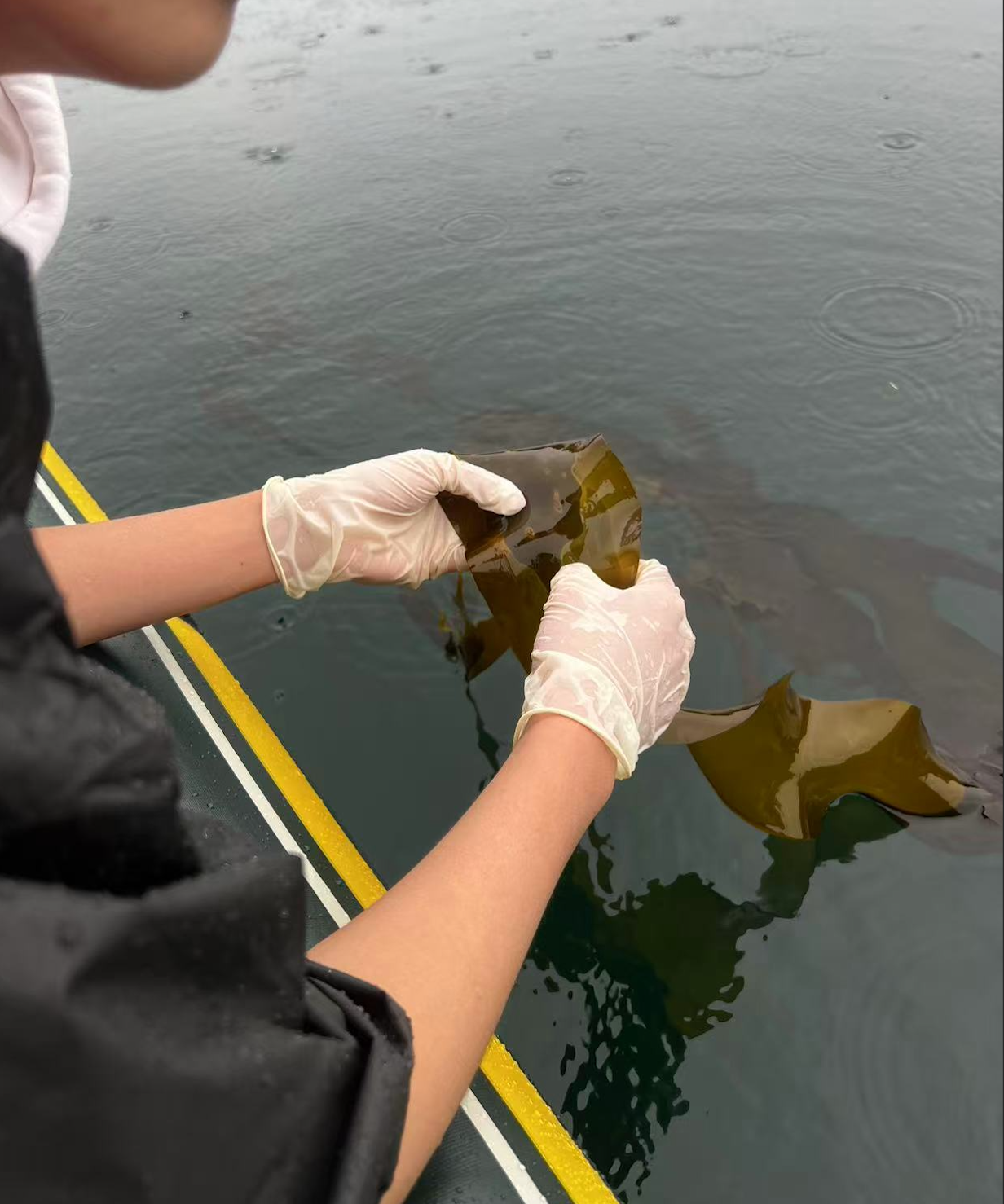
Student-Led
From Idea to Ocean
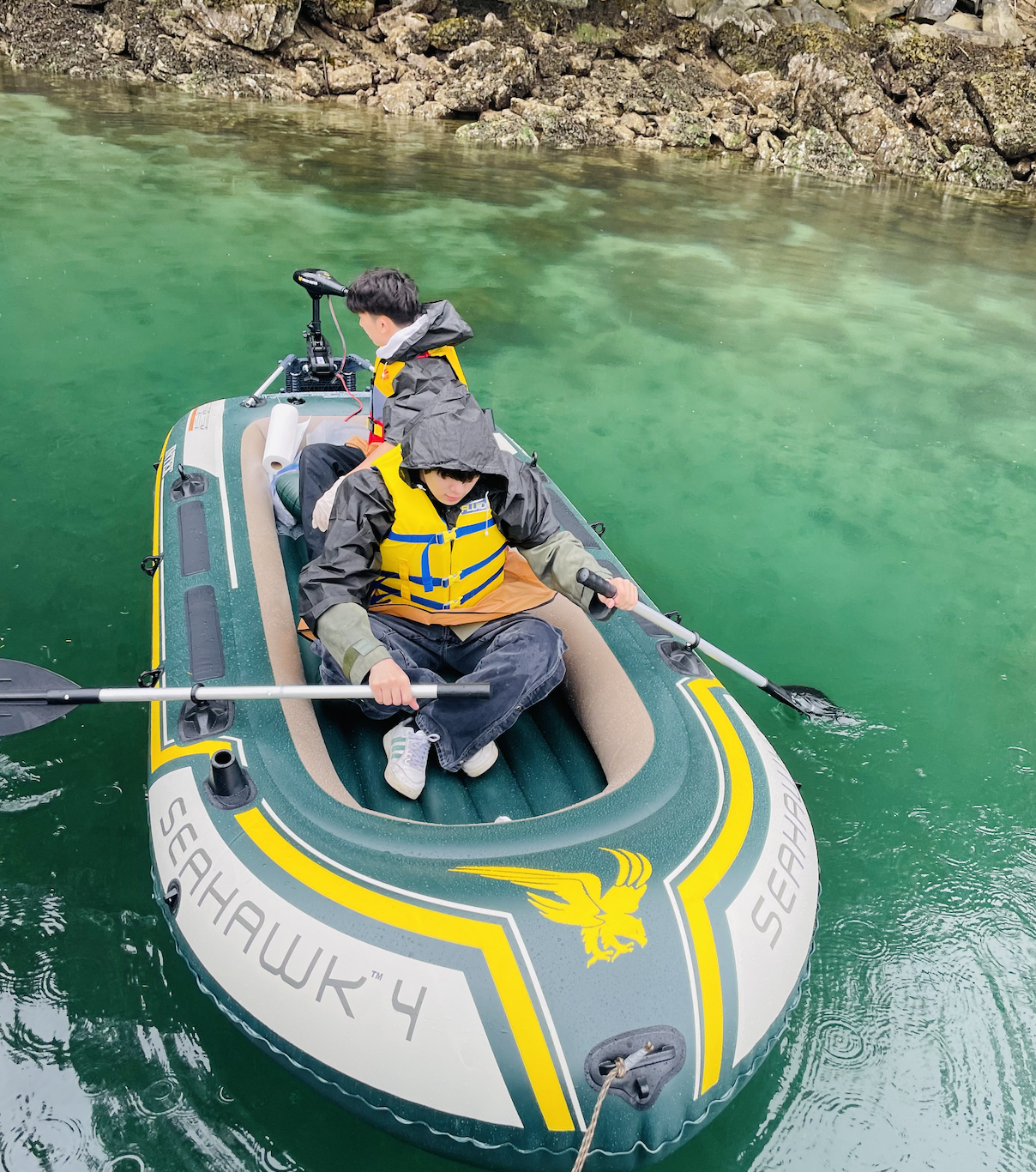
August 12, 2025
Our Kelp Spore Collection
ReKelp was founded in 2024 by high school student Peter Cui after conducting research on kelp forest decline for the Harvard International Review (link to article). Through this work, he uncovered the impacts of kelp loss on ecosystems, fisheries, and coastal communities. What began as a passion project focused on awareness has evolved into a hands-on engineering and restoration initiative.
Kelp forests are disappearing due to marine heatwaves, climate change, pollution, and overgrazing by urchins. Their loss threatens biodiversity, food webs, and blue carbon storage.
We imagine coastlines where kelp forests are recovering, not retreating. ReKelp aims to prototype scalable, affordable restoration tools—and share them openly—so that students, researchers, and communities worldwide can bring kelp back.
ReKelp is led by Peter Cui with support from volunteers, mentors, and the OceanWise Team & Grant.
I built an interactive map to visualize how kelp canopy has changed along the Pacific coast from 1984 to today. Use it to explore long-term trends, compare years, and see where kelp is declining or recovering.
The map is powered by open data and shows aggregated kelp canopy area through time. It’s a work in progress!
Visit the Map
Developed by: Peter Cui
Global Kelp Canopy Explorer
A glimpse into the fieldwork, coastlines, and behind-the-scenes moments that shape ReKelp. Hover over each photo to see a short note.
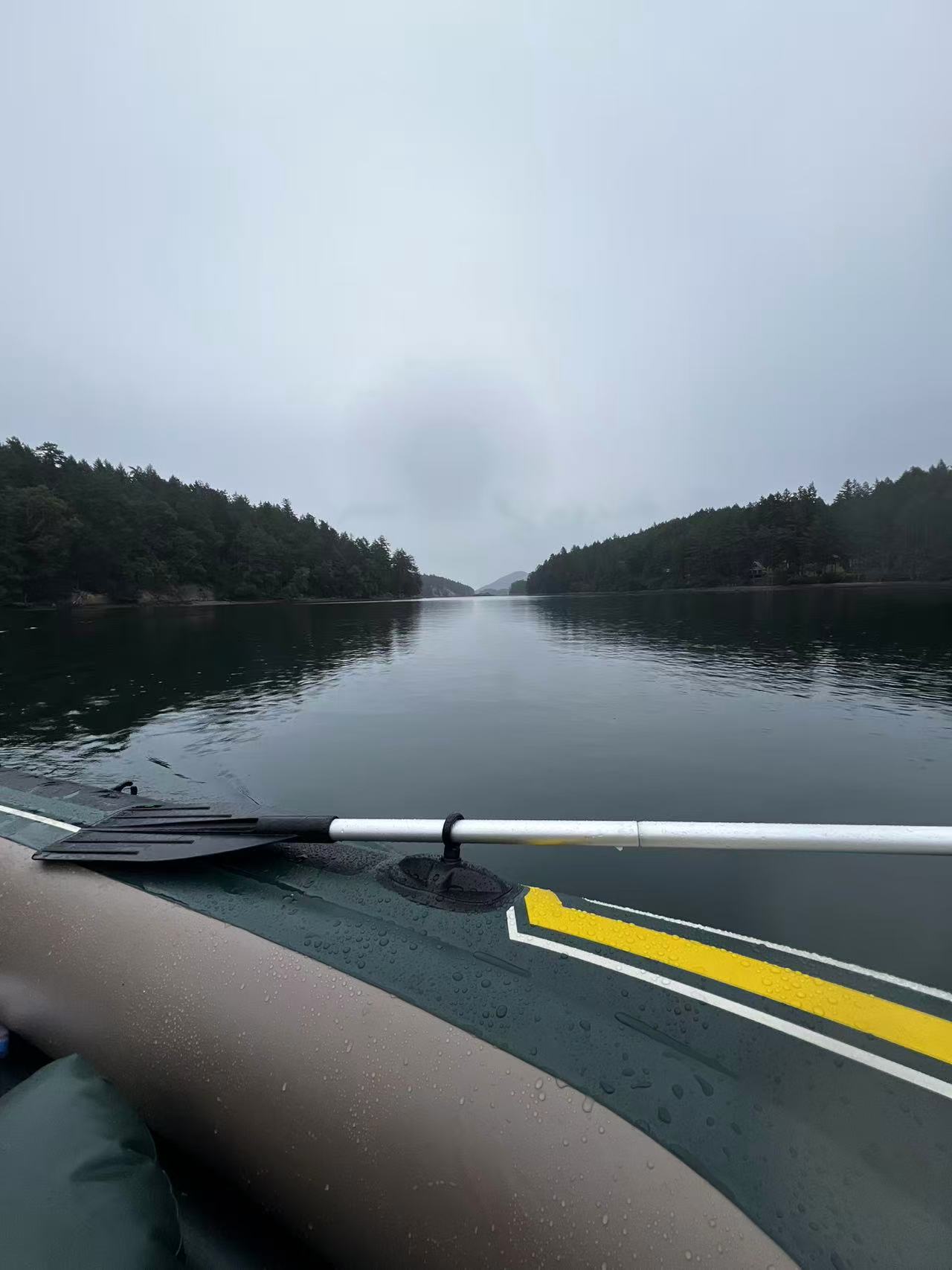
Spore Collecting Along the Coast of Mayne Island
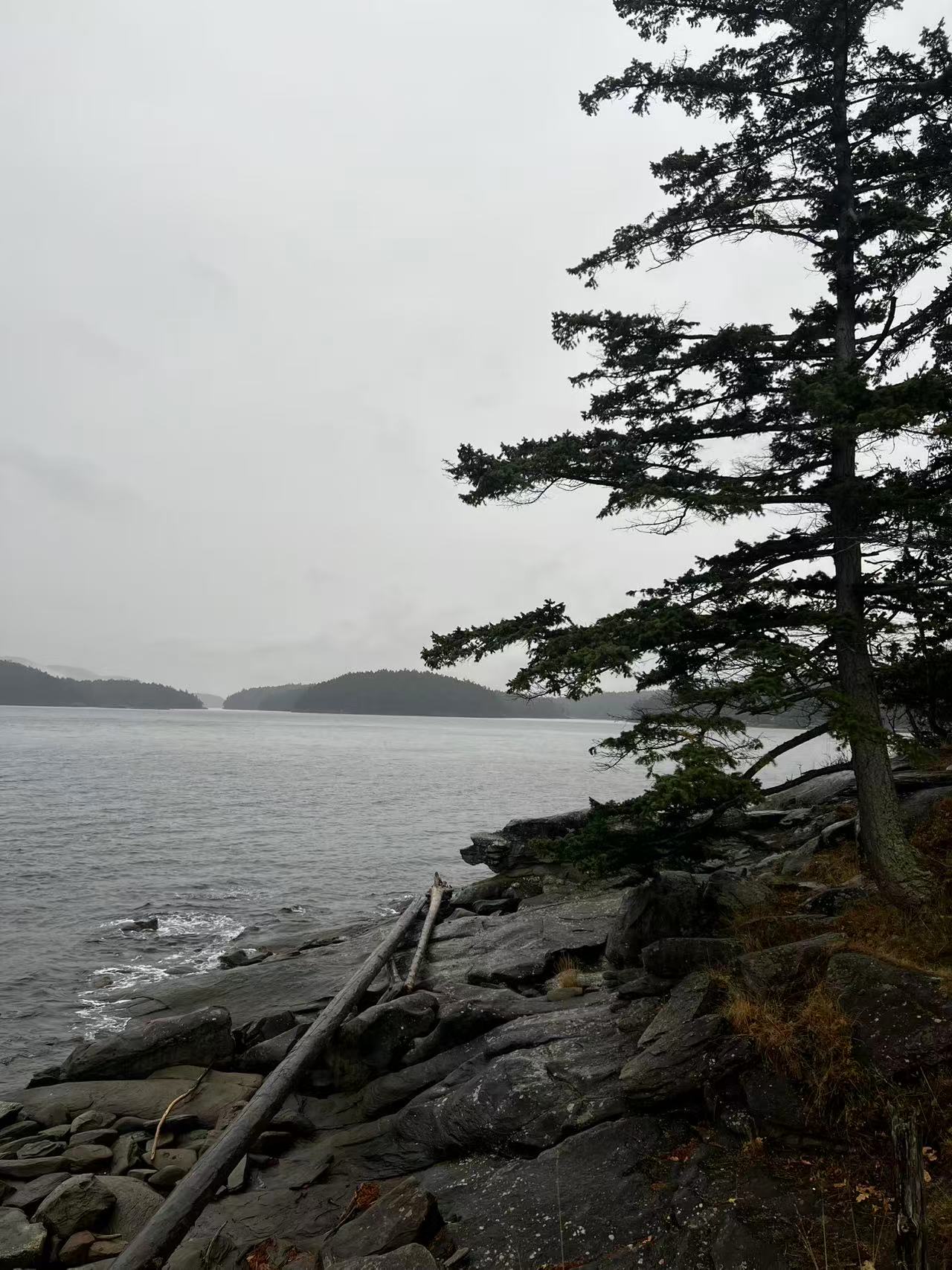
Mayne Island Site #1
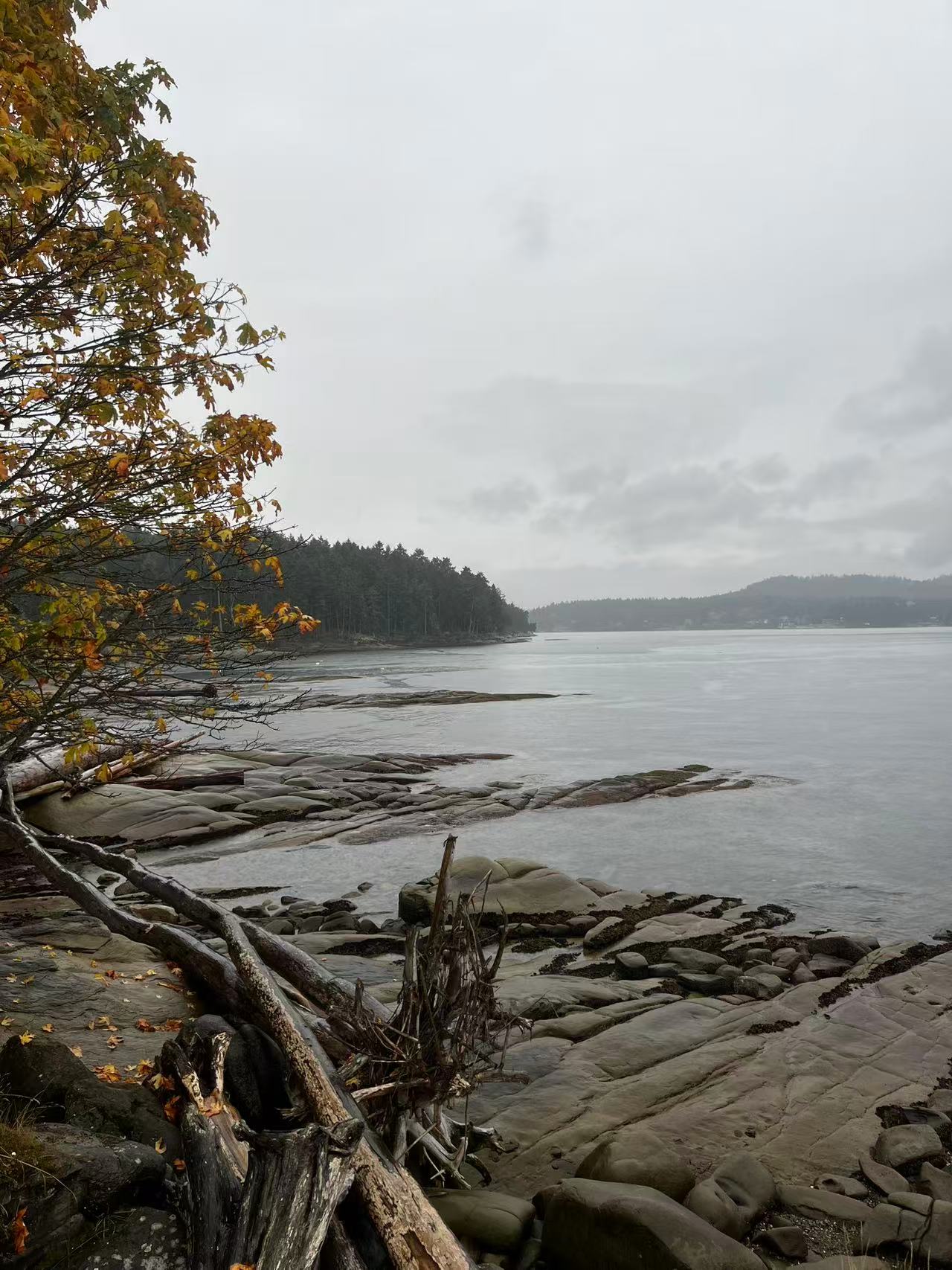
Mayne Island Site #2

Collecting kelp tissue for spore release in the nursery.
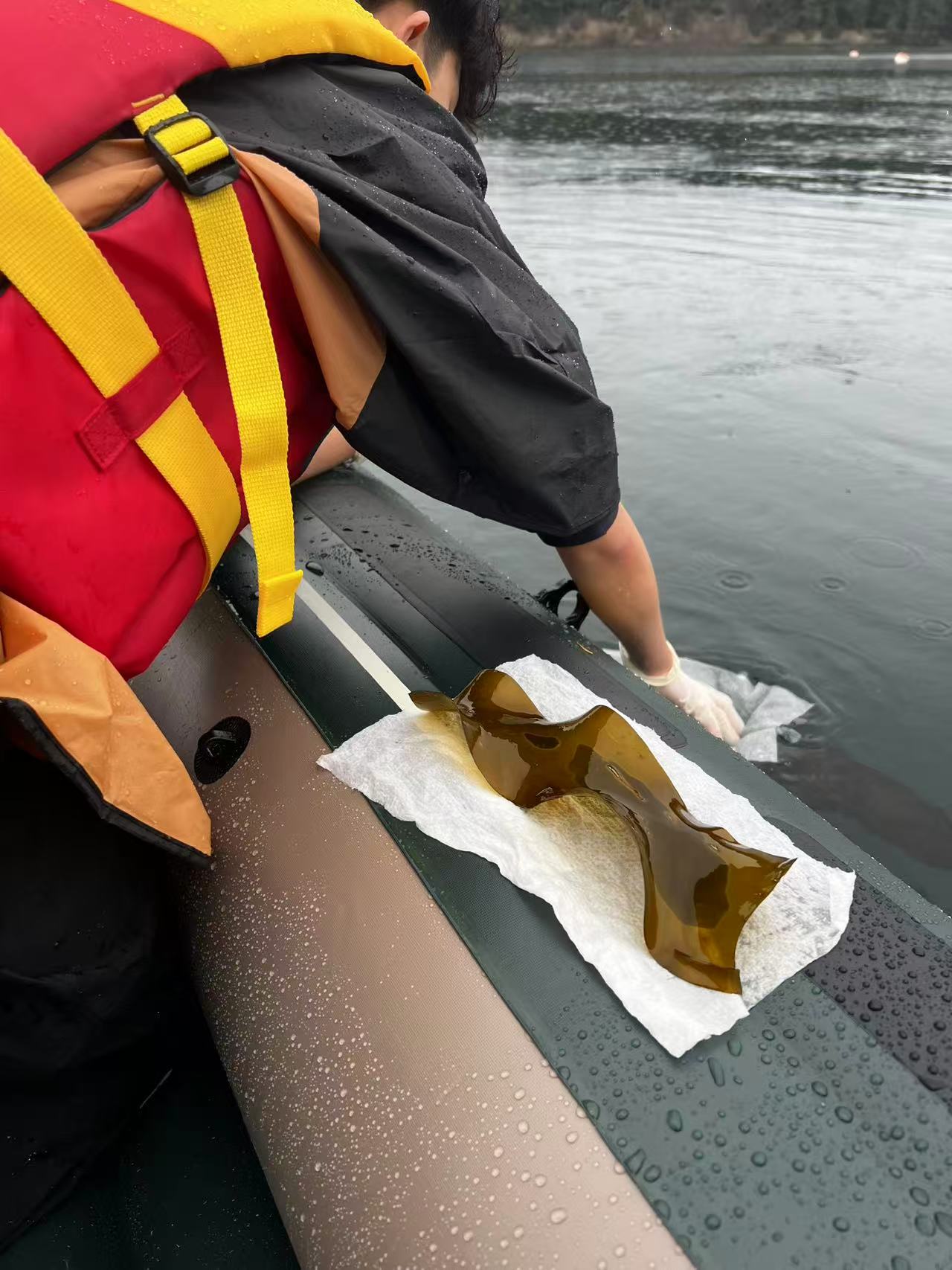
Preparing Kelp Tissue/Spore in damp paper towels for transport back to the lab.
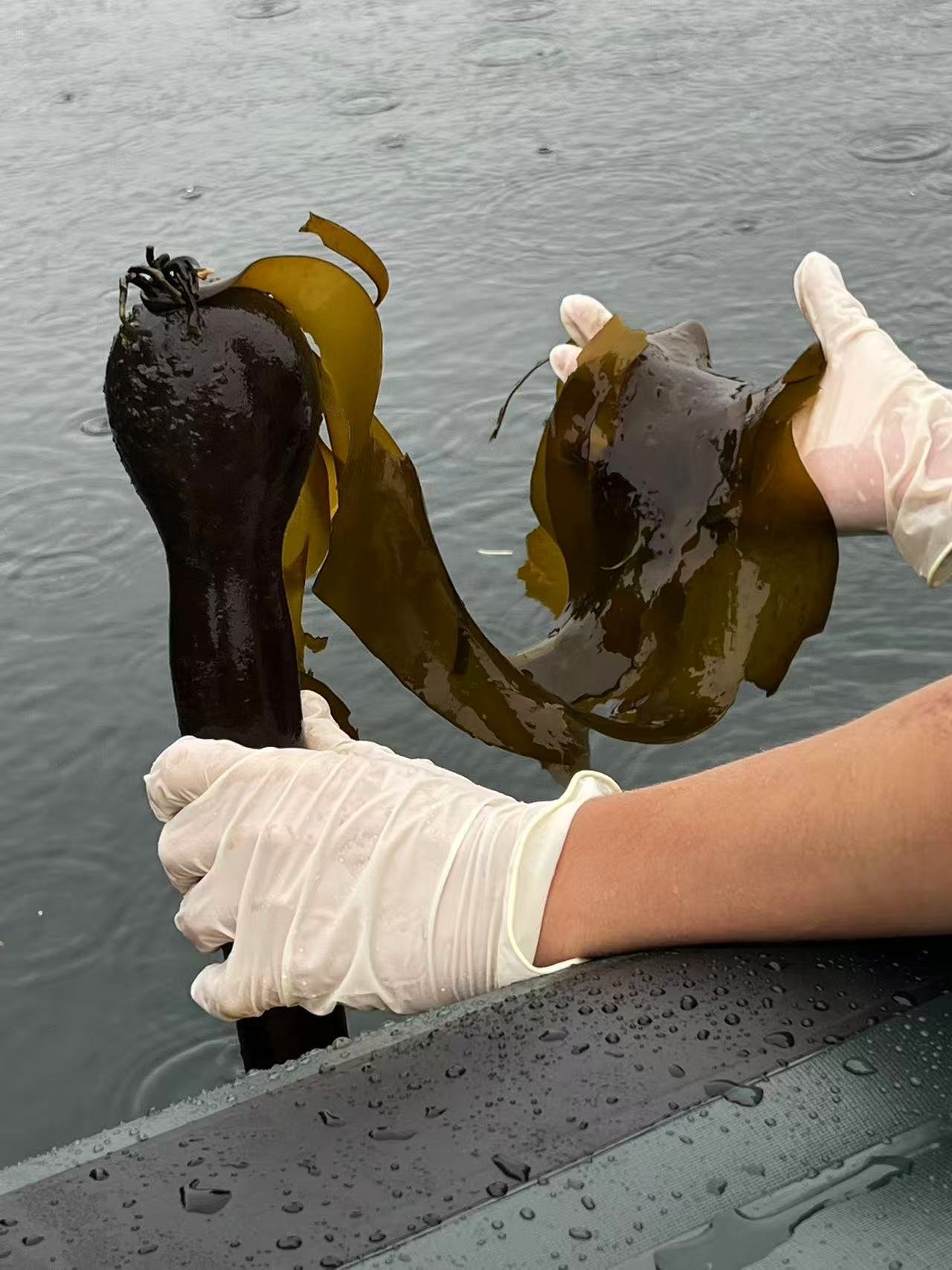
Capturing state of the coastline before collecting kelp samples.
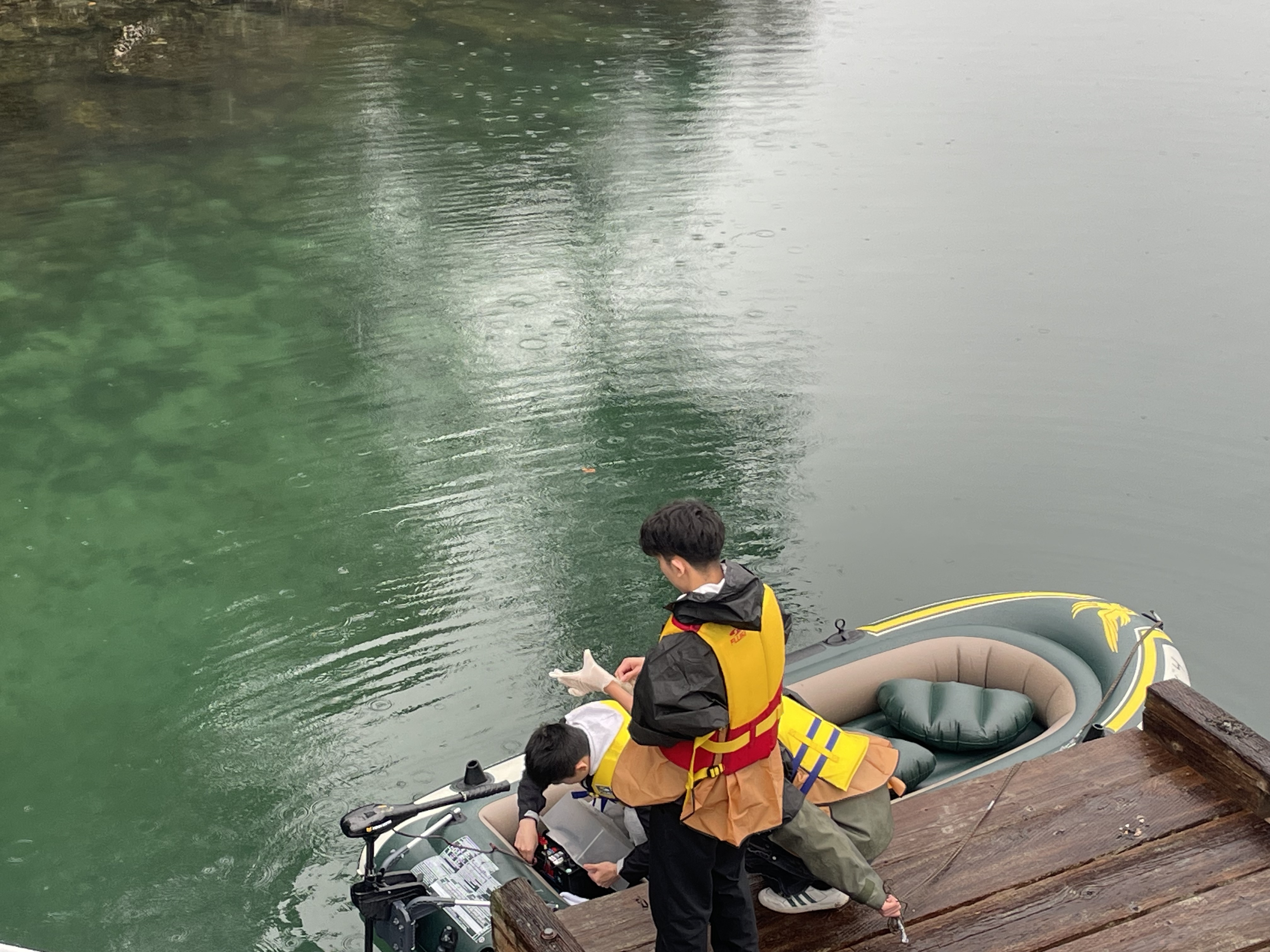
Setting up motor and supplies for fieldwork on Mayne Island.